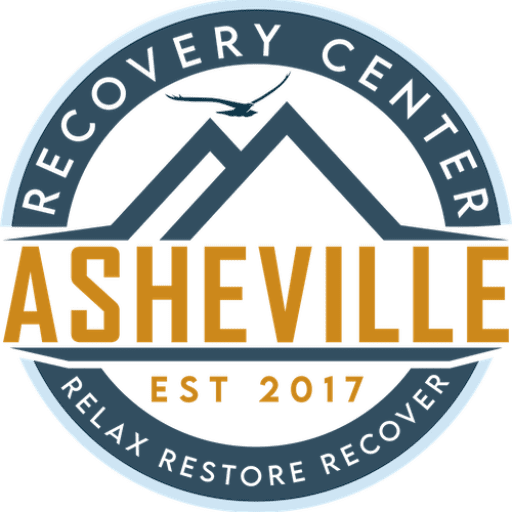When someone with a drug or alcohol addiction makes the brave choice to seek recovery, they may be focused mostly on quitting the substances that have created so many negative consequences in their lives. It’s a good focus to have! But as someone grows in their recovery, they may quickly notice that there are many different aspects to clean and sober living. It’s not just about putting down the drink and the drug, it’s about becoming whole and healthy in every aspect of life: mind, body, and soul. Sometimes, there are “outside issues” that can be obstacles to a fulfilling and thorough recovery. For many addicts and alcoholics, having a perfectionist personality can be an obstacle to healing that must be addressed in order to achieve long-lasting, joyful recovery.
Addiction and a Perfectionist Personality
Drug and alcohol addiction may seem like the opposite of what a perfectionist personality looks like. After all, substance abuse is usually associated with chaos, and for good reason. The insanity of addiction probably doesn’t bring to mind perfectionism. However, the truth is that many addicts and alcoholics suffer from a myriad of issues, and having a perfectionist personality is one of them. In fact, many addicts and alcoholics suffer from anxiety disorders, and perfectionism is a very common symptom of anxiety. For someone who suffers from one of these disorders, such as panic attacks or GAD (generalized anxiety disorder), controlling outside circumstances through perfectionism can be one way they self-soothe and manage these feelings.
For addicts and alcoholics who suffer from anxiety, substances can sometimes be a way to drown out their anxiety and feelings of loss of control when things don’t go their way. Someone who struggles with control issues and drug or alcohol addiction may use their drug of choice to cover up those feelings or relieve some of them. When an individual gets clean and sober, they can no longer use substances to dull those feelings, and a perfectionist personality may emerge in order to help them alleviate anxiety and the feeling that things are out of control.
What Does a Perfectionist Personality Look Like?
The reality is that anyone can have a perfectionist personality, and sometimes it can be hard to identify. When an individual gets sober, they may not want to take a look at other aspects of their lives or character defects that they need to work on in order to be healthy. But the truth is that perfectionism can harm relationships and can even hinder recovery if it isn’t addressed. Some of the symptoms of a perfectionist personality include:
- being very rigid about plans, leisure activities, and issues at work, to the point of not being able to cope with minor changes, such as pushing a meeting back ten minutes or having to reschedule an activity
- experiencing extreme anxiety when things don’t go exactly as planned
- negative self-talk; for example, thinking “I can’t do anything right” or “I’m not good at anything” after making a minor mistake
- feeling pressure to be an expert or perfect at everything, even on the first try
- being unable to relax or enjoy free time
- putting pressure on others or being overly critical of the way other people do things
- needing to control the actions of other people
- poor self-esteem and self-image
The Importance of Addressing Perfectionism in Recovery
When an individual in recovery struggles with having a perfectionist personality, it can impede their growth and healing. Oftentimes, recovery is about self-examination and a willingness to make changes and work on all aspects of one’s life. In order to make these changes and do the hard work of recovery, an individual has to be willing to take healthy risks (such as making new, sober friends and trying new meetings) and be willing to make and learn from mistakes. Perfectionism only contributes to low-self esteem and perpetuates anxiety. Both of these issues can be dealt with in recovery, through therapy and through recovery fellowships, such as twelve-step programs. But to be successful, one must be willing to be vulnerable and take suggestions from others. Perfectionism can be an obstacle to these goals, and must be addressed in order for recovery to be successful.

Recovery isn’t just about quitting drugs or alcohol. It’s about total healing of the mind and body, and learning a new way of life. To achieve this, it’s vital to be open and willing to work on every aspect of one’s life. For those who struggle with a perfectionist personality, shifting those behaviors is a tough but necessary task.






